

Grid Regulation Compliance
Grid Regulation Compliance
Grid Regulation Compliance
Different countries and utilities have varying grid interconnection requirements. With PHOTON’s intelligent control system, we help ensure every site meets its local compliance standards — effortlessly.
Different countries and utilities have varying grid interconnection requirements. With PHOTON’s intelligent control system, we help ensure every site meets its local compliance standards — effortlessly.
Different countries and utilities have varying grid interconnection requirements. With PHOTON’s intelligent control system, we help ensure every site meets its local compliance standards — effortlessly.
Location-Specific Control
Adaptable to regional grid codes
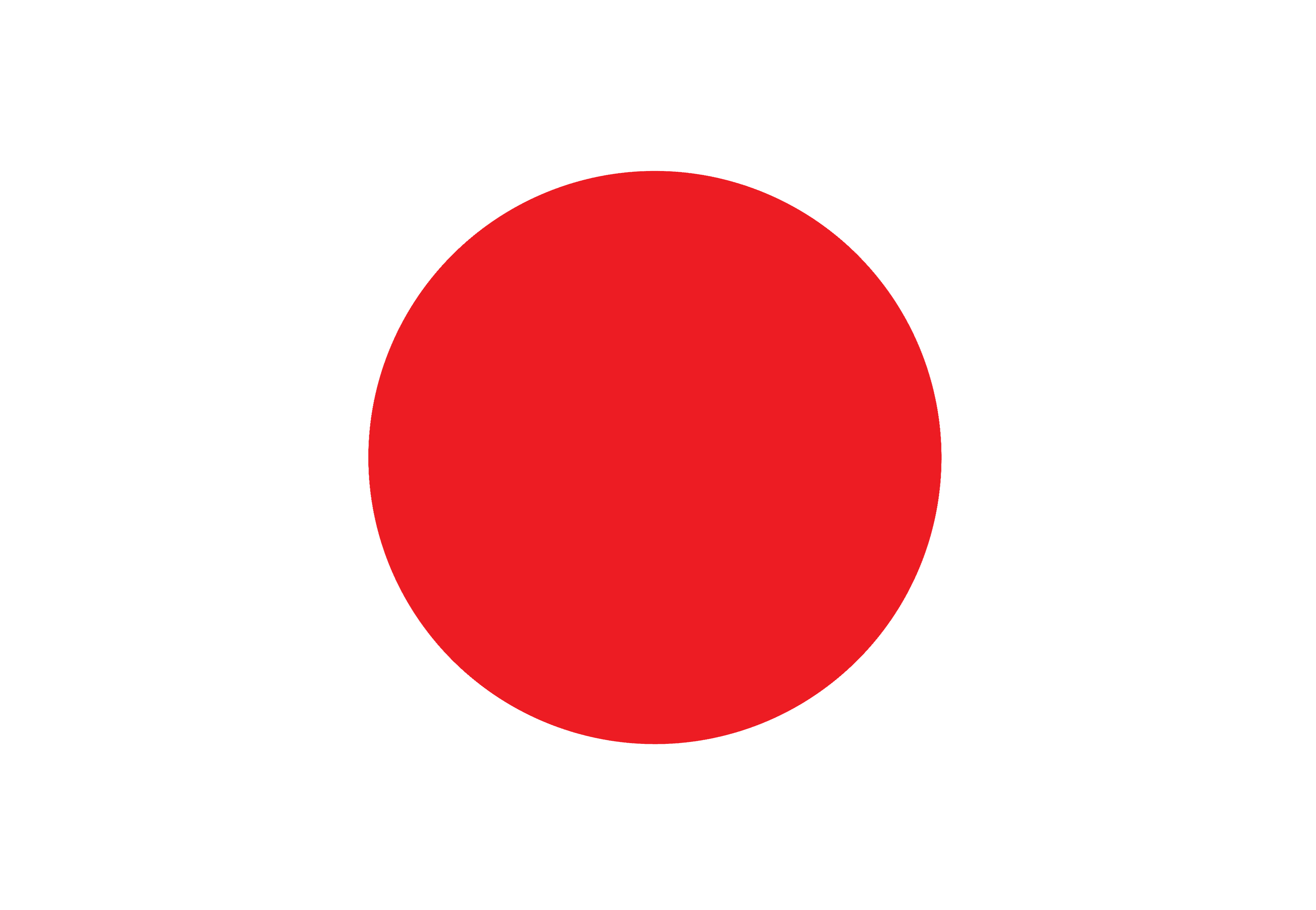
Japan
To address the uncertainty associated with renewable energy generation, Japanese grid operators require solar power facilities to be capable of remote output control. Each facility is mandated to accept adjustments to power output remotely.
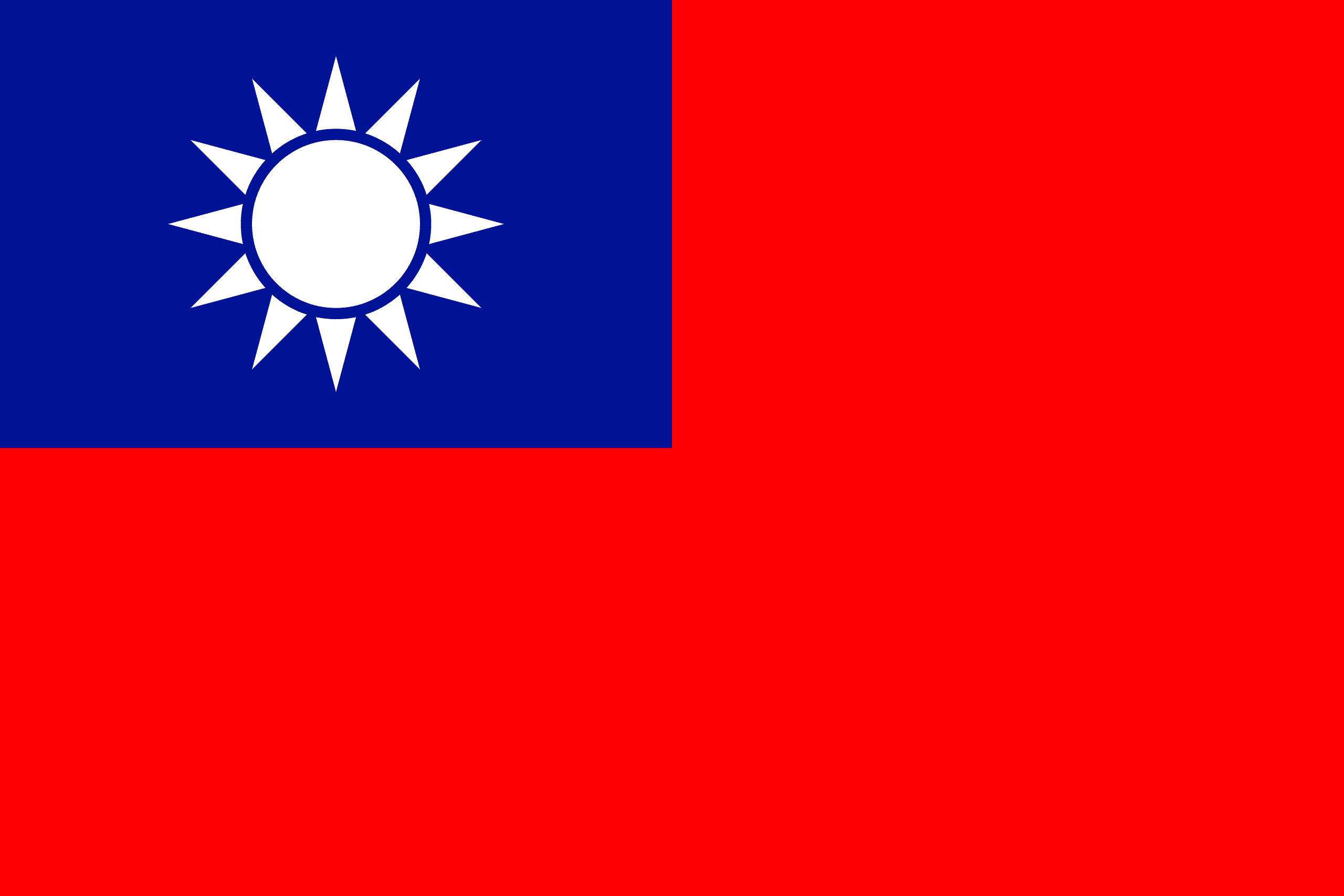
Taiwan
To enhance grid stability, Taiwan Power Company has introduced voltage stability regulations specifically targeting solar plants, focusing on reactive power compensation and power factor adjustment.
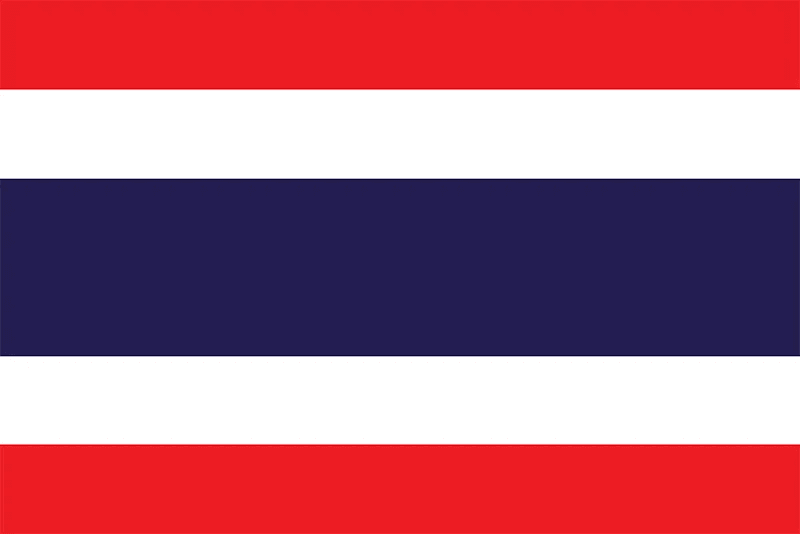
Thailand
MEA and PEA in Thailand have stringent regulations regarding the integration of renewable energy into the grid. These regulations include the prohibition of power backflow to the grid.
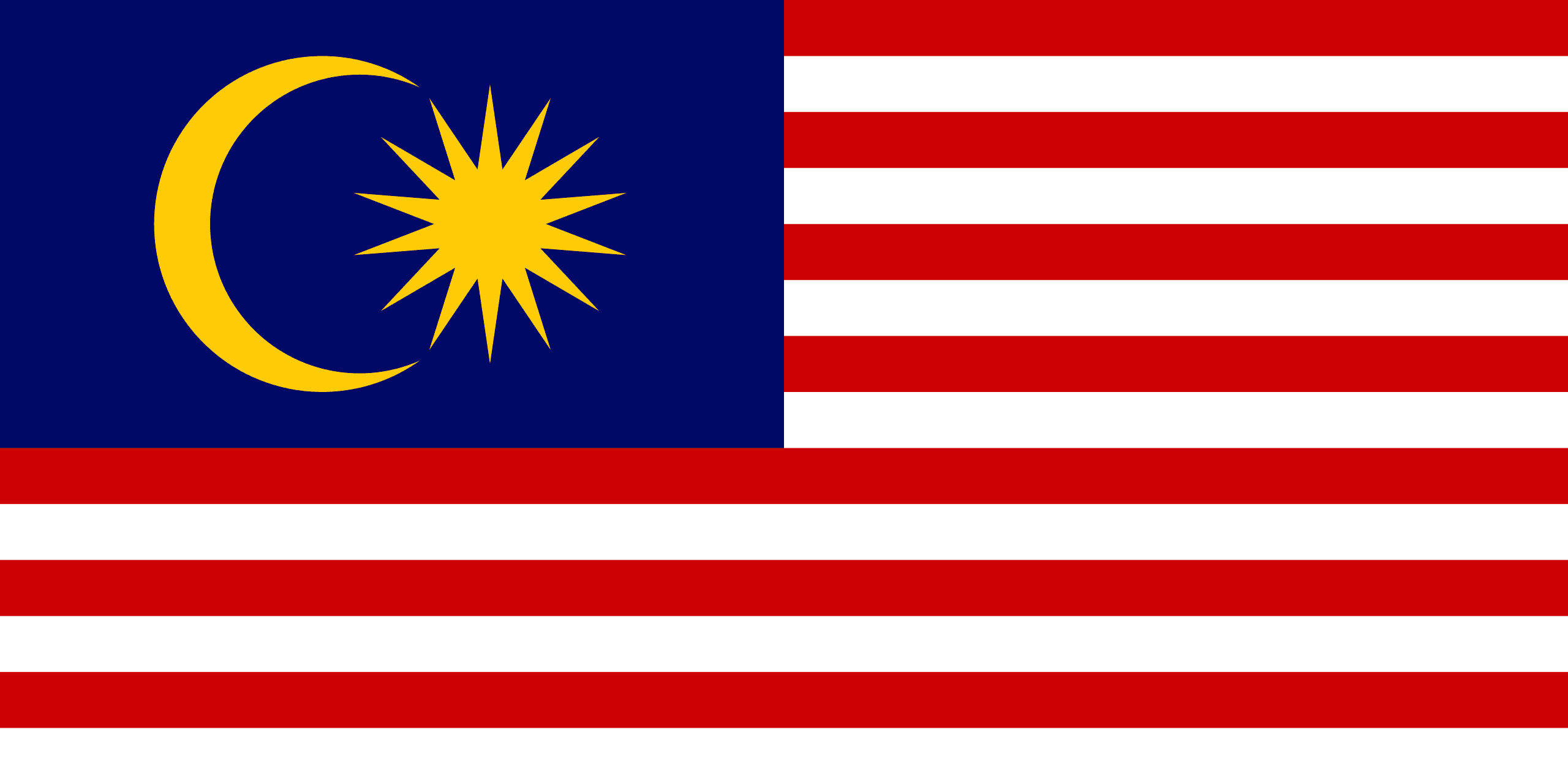
Malaysia
The majority of PV plant in Malaysia operate under Net Metering, but certain facilities, under specific regulations, are required to Zero Feed-in. This involves controlling the inverter output to prevent any excess generated electricity from flowing back into the grid.

Japan
To address the uncertainty associated with renewable energy generation, Japanese grid operators require solar power facilities to be capable of remote output control. Each facility is mandated to accept adjustments to power output remotely.

Taiwan
To enhance grid stability, Taiwan Power Company has introduced voltage stability regulations specifically targeting solar plants, focusing on reactive power compensation and power factor adjustment.

Thailand
MEA and PEA in Thailand have stringent regulations regarding the integration of renewable energy into the grid. These regulations include the prohibition of power backflow to the grid.

Malaysia
The majority of PV plant in Malaysia operate under Net Metering, but certain facilities, under specific regulations, are required to Zero Feed-in. This involves controlling the inverter output to prevent any excess generated electricity from flowing back into the grid.

Japan
To address the uncertainty associated with renewable energy generation, Japanese grid operators require solar power facilities to be capable of remote output control. Each facility is mandated to accept adjustments to power output remotely.

Taiwan
To enhance grid stability, Taiwan Power Company has introduced voltage stability regulations specifically targeting solar plants, focusing on reactive power compensation and power factor adjustment.

Thailand
MEA and PEA in Thailand have stringent regulations regarding the integration of renewable energy into the grid. These regulations include the prohibition of power backflow to the grid.

Malaysia
The majority of PV plant in Malaysia operate under Net Metering, but certain facilities, under specific regulations, are required to Zero Feed-in. This involves controlling the inverter output to prevent any excess generated electricity from flowing back into the grid.

Japan
To address the uncertainty associated with renewable energy generation, Japanese grid operators require solar power facilities to be capable of remote output control. Each facility is mandated to accept adjustments to power output remotely.

Taiwan
To enhance grid stability, Taiwan Power Company has introduced voltage stability regulations specifically targeting solar plants, focusing on reactive power compensation and power factor adjustment.

Thailand
MEA and PEA in Thailand have stringent regulations regarding the integration of renewable energy into the grid. These regulations include the prohibition of power backflow to the grid.

Malaysia
The majority of PV plant in Malaysia operate under Net Metering, but certain facilities, under specific regulations, are required to Zero Feed-in. This involves controlling the inverter output to prevent any excess generated electricity from flowing back into the grid.

Japan
To address the uncertainty associated with renewable energy generation, Japanese grid operators require solar power facilities to be capable of remote output control. Each facility is mandated to accept adjustments to power output remotely.

Taiwan
To enhance grid stability, Taiwan Power Company has introduced voltage stability regulations specifically targeting solar plants, focusing on reactive power compensation and power factor adjustment.

Thailand
MEA and PEA in Thailand have stringent regulations regarding the integration of renewable energy into the grid. These regulations include the prohibition of power backflow to the grid.

Malaysia
The majority of PV plant in Malaysia operate under Net Metering, but certain facilities, under specific regulations, are required to Zero Feed-in. This involves controlling the inverter output to prevent any excess generated electricity from flowing back into the grid.

Japan
To address the uncertainty associated with renewable energy generation, Japanese grid operators require solar power facilities to be capable of remote output control. Each facility is mandated to accept adjustments to power output remotely.

Taiwan
To enhance grid stability, Taiwan Power Company has introduced voltage stability regulations specifically targeting solar plants, focusing on reactive power compensation and power factor adjustment.

Thailand
MEA and PEA in Thailand have stringent regulations regarding the integration of renewable energy into the grid. These regulations include the prohibition of power backflow to the grid.

Malaysia
The majority of PV plant in Malaysia operate under Net Metering, but certain facilities, under specific regulations, are required to Zero Feed-in. This involves controlling the inverter output to prevent any excess generated electricity from flowing back into the grid.

Japan
To address the uncertainty associated with renewable energy generation, Japanese grid operators require solar power facilities to be capable of remote output control. Each facility is mandated to accept adjustments to power output remotely.

Taiwan
To enhance grid stability, Taiwan Power Company has introduced voltage stability regulations specifically targeting solar plants, focusing on reactive power compensation and power factor adjustment.

Thailand
MEA and PEA in Thailand have stringent regulations regarding the integration of renewable energy into the grid. These regulations include the prohibition of power backflow to the grid.

Malaysia
The majority of PV plant in Malaysia operate under Net Metering, but certain facilities, under specific regulations, are required to Zero Feed-in. This involves controlling the inverter output to prevent any excess generated electricity from flowing back into the grid.

Japan
To address the uncertainty associated with renewable energy generation, Japanese grid operators require solar power facilities to be capable of remote output control. Each facility is mandated to accept adjustments to power output remotely.

Taiwan
To enhance grid stability, Taiwan Power Company has introduced voltage stability regulations specifically targeting solar plants, focusing on reactive power compensation and power factor adjustment.

Thailand
MEA and PEA in Thailand have stringent regulations regarding the integration of renewable energy into the grid. These regulations include the prohibition of power backflow to the grid.

Malaysia
The majority of PV plant in Malaysia operate under Net Metering, but certain facilities, under specific regulations, are required to Zero Feed-in. This involves controlling the inverter output to prevent any excess generated electricity from flowing back into the grid.

Japan
To address the uncertainty associated with renewable energy generation, Japanese grid operators require solar power facilities to be capable of remote output control. Each facility is mandated to accept adjustments to power output remotely.

Taiwan
To enhance grid stability, Taiwan Power Company has introduced voltage stability regulations specifically targeting solar plants, focusing on reactive power compensation and power factor adjustment.

Thailand
MEA and PEA in Thailand have stringent regulations regarding the integration of renewable energy into the grid. These regulations include the prohibition of power backflow to the grid.

Malaysia
The majority of PV plant in Malaysia operate under Net Metering, but certain facilities, under specific regulations, are required to Zero Feed-in. This involves controlling the inverter output to prevent any excess generated electricity from flowing back into the grid.

Japan
To address the uncertainty associated with renewable energy generation, Japanese grid operators require solar power facilities to be capable of remote output control. Each facility is mandated to accept adjustments to power output remotely.

Taiwan
To enhance grid stability, Taiwan Power Company has introduced voltage stability regulations specifically targeting solar plants, focusing on reactive power compensation and power factor adjustment.

Thailand
MEA and PEA in Thailand have stringent regulations regarding the integration of renewable energy into the grid. These regulations include the prohibition of power backflow to the grid.

Malaysia
The majority of PV plant in Malaysia operate under Net Metering, but certain facilities, under specific regulations, are required to Zero Feed-in. This involves controlling the inverter output to prevent any excess generated electricity from flowing back into the grid.

Japan
To address the uncertainty associated with renewable energy generation, Japanese grid operators require solar power facilities to be capable of remote output control. Each facility is mandated to accept adjustments to power output remotely.

Taiwan
To enhance grid stability, Taiwan Power Company has introduced voltage stability regulations specifically targeting solar plants, focusing on reactive power compensation and power factor adjustment.

Thailand
MEA and PEA in Thailand have stringent regulations regarding the integration of renewable energy into the grid. These regulations include the prohibition of power backflow to the grid.

Malaysia
The majority of PV plant in Malaysia operate under Net Metering, but certain facilities, under specific regulations, are required to Zero Feed-in. This involves controlling the inverter output to prevent any excess generated electricity from flowing back into the grid.

Japan
To address the uncertainty associated with renewable energy generation, Japanese grid operators require solar power facilities to be capable of remote output control. Each facility is mandated to accept adjustments to power output remotely.

Taiwan
To enhance grid stability, Taiwan Power Company has introduced voltage stability regulations specifically targeting solar plants, focusing on reactive power compensation and power factor adjustment.

Thailand
MEA and PEA in Thailand have stringent regulations regarding the integration of renewable energy into the grid. These regulations include the prohibition of power backflow to the grid.

Malaysia
The majority of PV plant in Malaysia operate under Net Metering, but certain facilities, under specific regulations, are required to Zero Feed-in. This involves controlling the inverter output to prevent any excess generated electricity from flowing back into the grid.

Japan
To address the uncertainty associated with renewable energy generation, Japanese grid operators require solar power facilities to be capable of remote output control. Each facility is mandated to accept adjustments to power output remotely.

Taiwan
To enhance grid stability, Taiwan Power Company has introduced voltage stability regulations specifically targeting solar plants, focusing on reactive power compensation and power factor adjustment.

Thailand
MEA and PEA in Thailand have stringent regulations regarding the integration of renewable energy into the grid. These regulations include the prohibition of power backflow to the grid.

Malaysia
The majority of PV plant in Malaysia operate under Net Metering, but certain facilities, under specific regulations, are required to Zero Feed-in. This involves controlling the inverter output to prevent any excess generated electricity from flowing back into the grid.

Japan
To address the uncertainty associated with renewable energy generation, Japanese grid operators require solar power facilities to be capable of remote output control. Each facility is mandated to accept adjustments to power output remotely.

Taiwan
To enhance grid stability, Taiwan Power Company has introduced voltage stability regulations specifically targeting solar plants, focusing on reactive power compensation and power factor adjustment.

Thailand
MEA and PEA in Thailand have stringent regulations regarding the integration of renewable energy into the grid. These regulations include the prohibition of power backflow to the grid.

Malaysia
The majority of PV plant in Malaysia operate under Net Metering, but certain facilities, under specific regulations, are required to Zero Feed-in. This involves controlling the inverter output to prevent any excess generated electricity from flowing back into the grid.

Japan
To address the uncertainty associated with renewable energy generation, Japanese grid operators require solar power facilities to be capable of remote output control. Each facility is mandated to accept adjustments to power output remotely.

Taiwan
To enhance grid stability, Taiwan Power Company has introduced voltage stability regulations specifically targeting solar plants, focusing on reactive power compensation and power factor adjustment.

Thailand
MEA and PEA in Thailand have stringent regulations regarding the integration of renewable energy into the grid. These regulations include the prohibition of power backflow to the grid.

Malaysia
The majority of PV plant in Malaysia operate under Net Metering, but certain facilities, under specific regulations, are required to Zero Feed-in. This involves controlling the inverter output to prevent any excess generated electricity from flowing back into the grid.

Japan
To address the uncertainty associated with renewable energy generation, Japanese grid operators require solar power facilities to be capable of remote output control. Each facility is mandated to accept adjustments to power output remotely.

Taiwan
To enhance grid stability, Taiwan Power Company has introduced voltage stability regulations specifically targeting solar plants, focusing on reactive power compensation and power factor adjustment.

Thailand
MEA and PEA in Thailand have stringent regulations regarding the integration of renewable energy into the grid. These regulations include the prohibition of power backflow to the grid.

Malaysia
The majority of PV plant in Malaysia operate under Net Metering, but certain facilities, under specific regulations, are required to Zero Feed-in. This involves controlling the inverter output to prevent any excess generated electricity from flowing back into the grid.
Zero Feed-in, Maximum Efficiency
Self-consumption sites with zero export
In many advanced countries, solar sites are required to avoid exporting excess energy back to the grid in order to maintain stability. If generation exceeds on-site demand, the surplus must be consumed locally.
PHOTON offers Zero Feed-in control, automatically adjusting inverter output so that production never exceeds consumption. This ensures full regulatory compliance while minimizing generation losses — allowing operators to maximize efficiency under strict grid rules.
Smart Control for Smooth Compliance
Stay compliant without compromising performance.
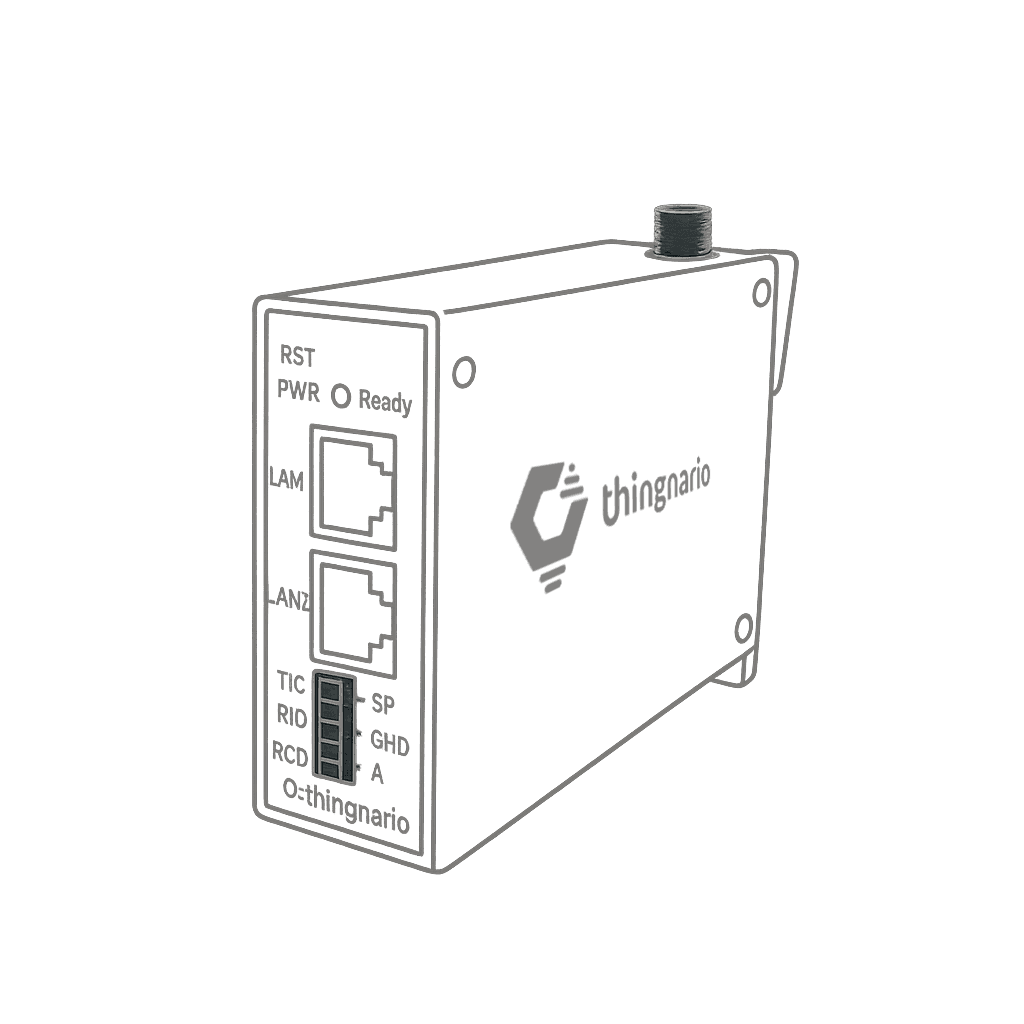

Cross-Brand Batch Control
Standard-compliant power regulation at scale
Standard-compliant power regulation at scale
In some markets, operating sites (even post-COD) are required to implement output limits or dynamic curtailment. This typically demands software-based control over inverter behavior.
As a brand-agnostic platform, PHOTON can issue batch control commands across inverters from multiple manufacturers — all while logging every control action for easy tracking and performance-impact analysis.